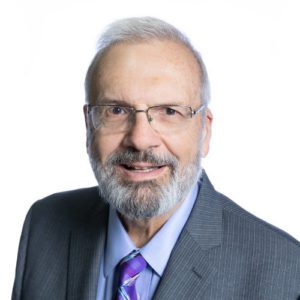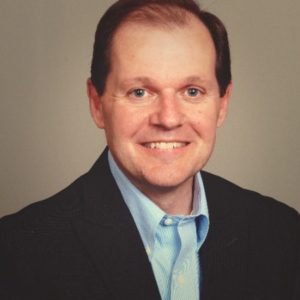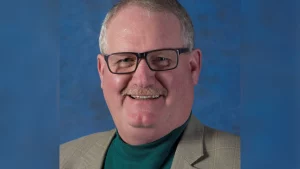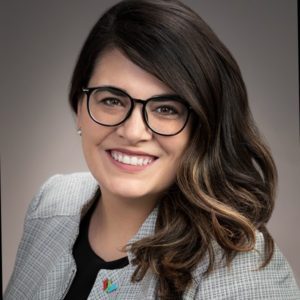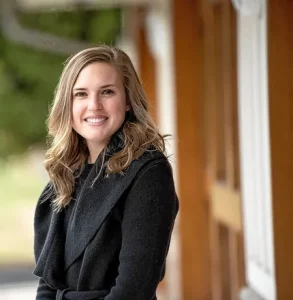Dave Krings, Longtime Hamilton County Administrator, Dies at 74
Dave Krings, who served as the Hamilton County Administrator from 1991 to 2005 and the President of ICMA from 2003-2004, passed away. Dave was a Lifetime Member of OCMA and ICMA, and served as the Peoria County (IL) Administrator from 1983 to 1991.
After completing his active government service, Dave remained involved in local government circles, first serving as a Director for TechSolve from 2005-2013 and then working for Slavin Management Consultants as a Regional Director.
A funeral service will be held July 6th and more information can be found here.
